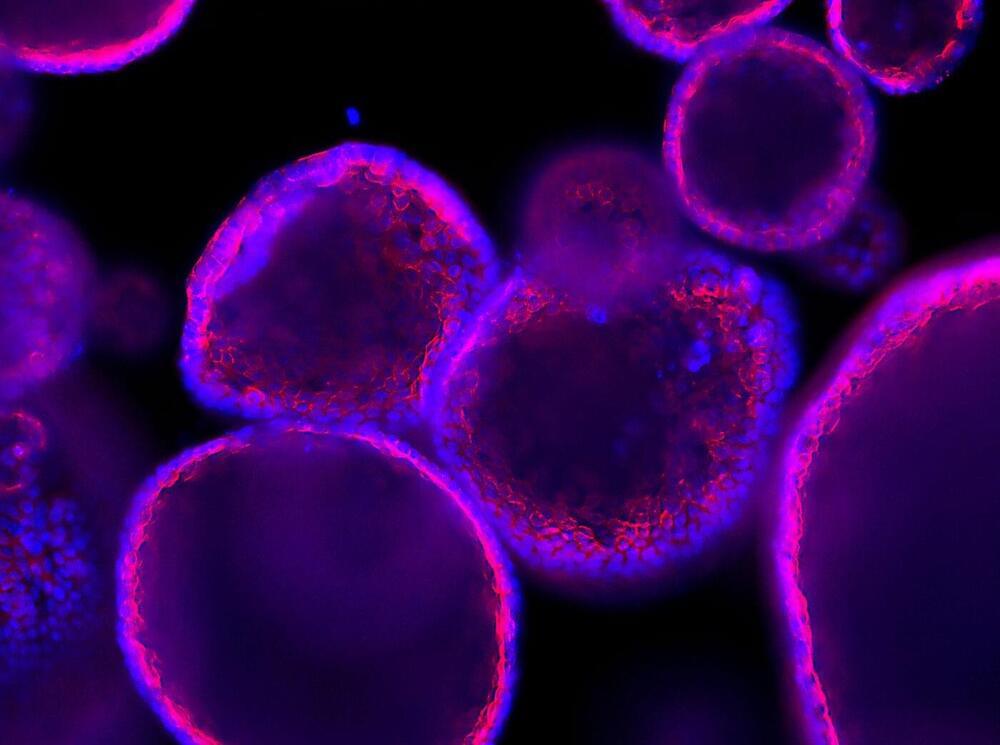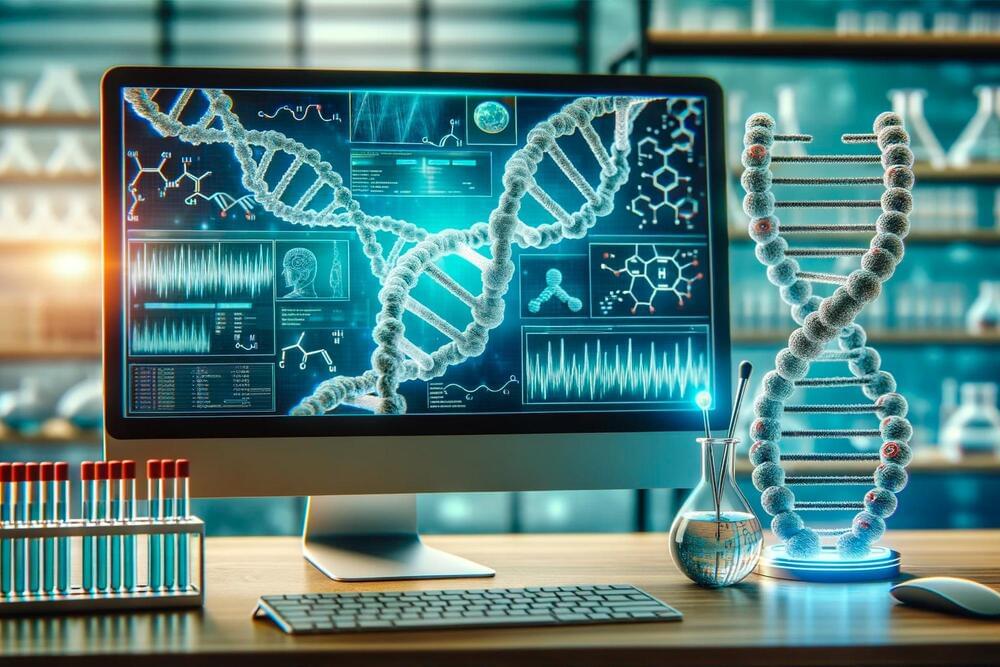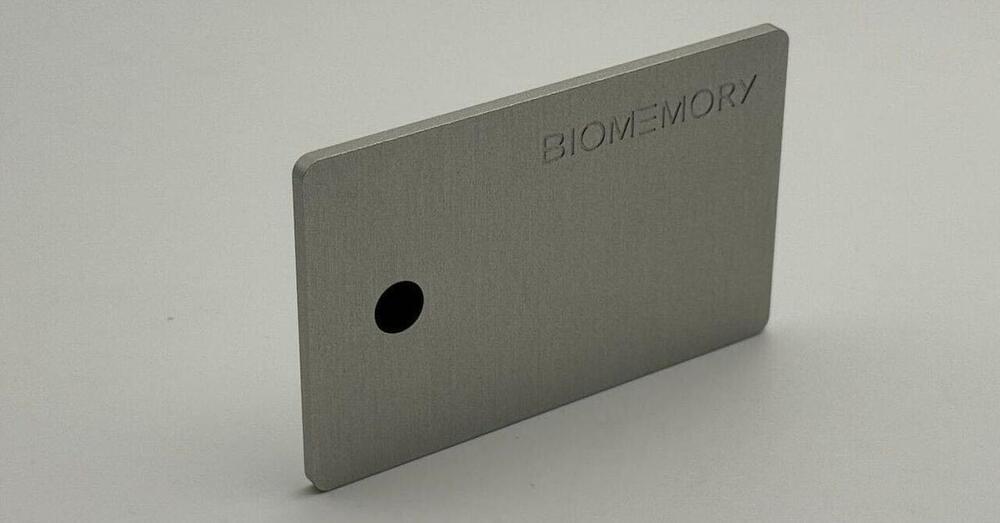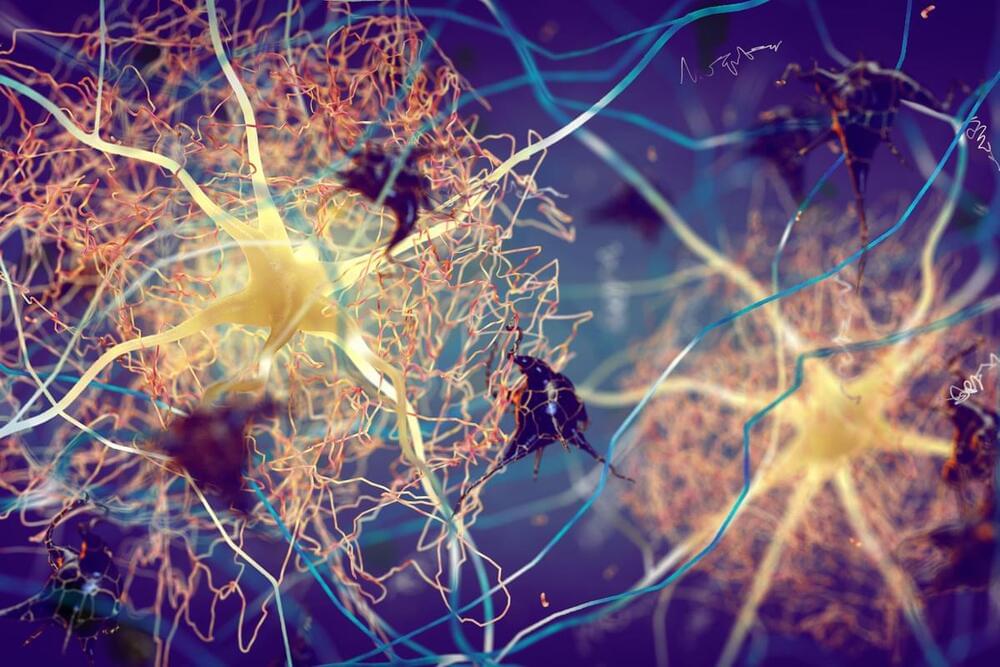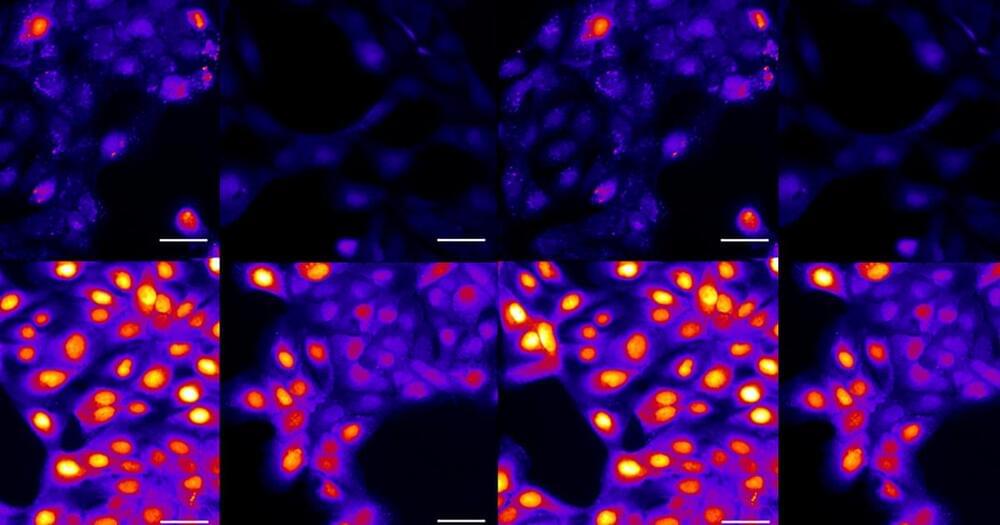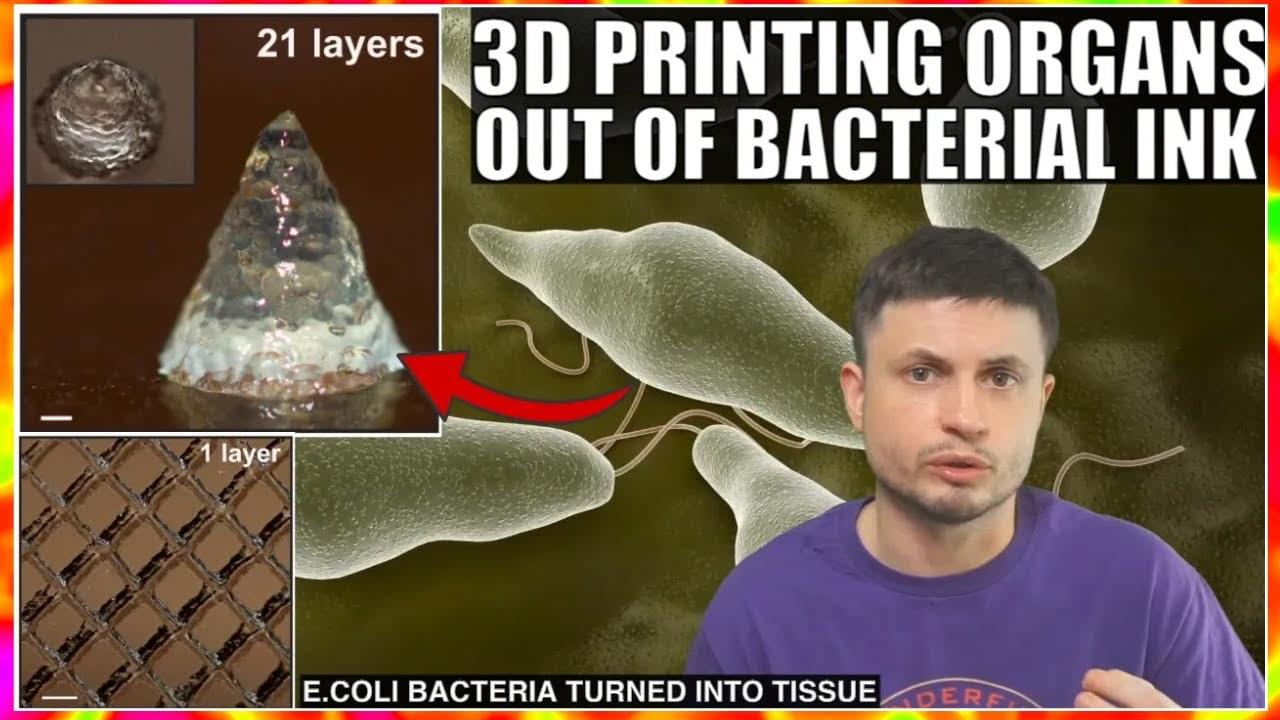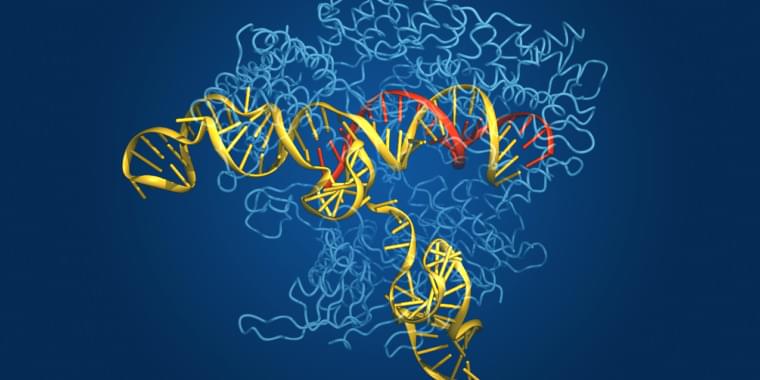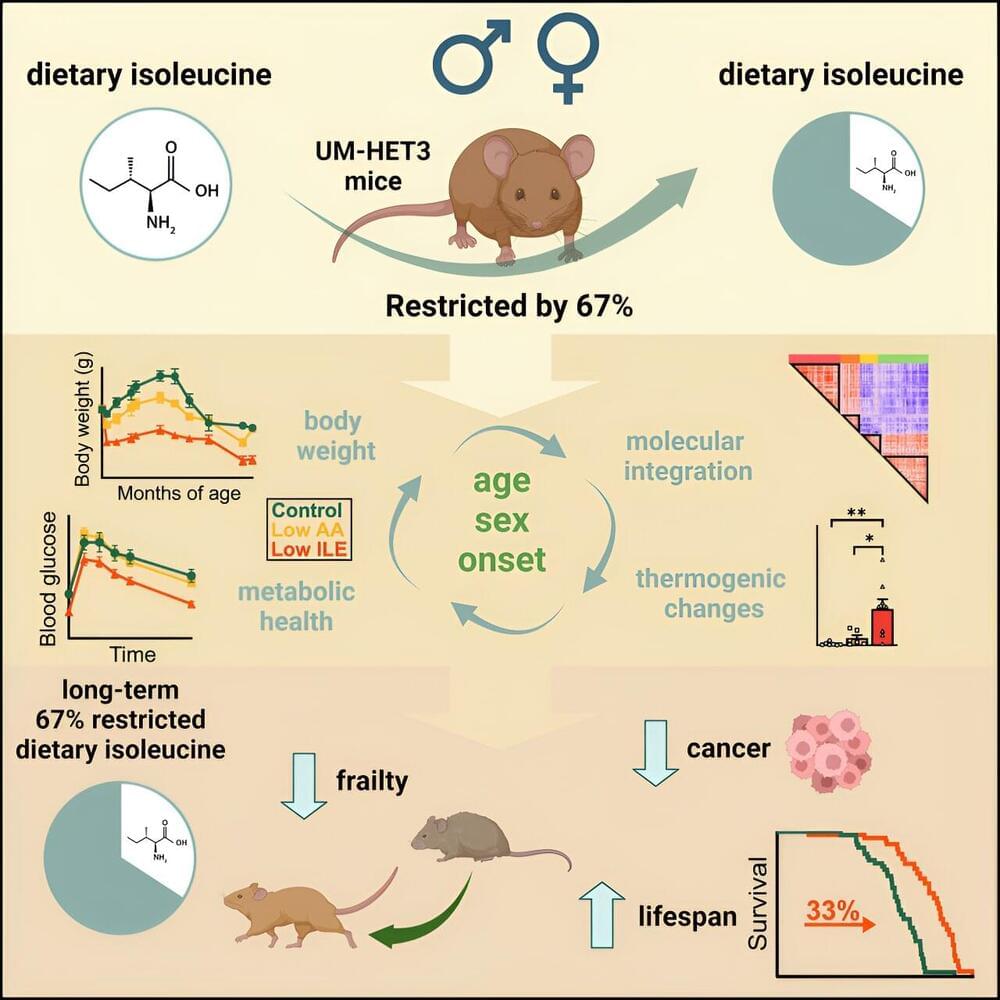
A new study in mice, published recently in the journal Cell Metabolism, shows that cutting down the amount of a single amino acid called isoleucine can, among other benefits, extend their lifespan, make them leaner and less frail as they age and reduce cancer and prostate problems, all while the mice ate more calories.
There’s a popular saying in some circles that “a calorie is a calorie,” but science shows that it may not be true. In fact, it may be possible to eat more of some kinds of calories while also improving your health.
“We like to say a calorie is not just a calorie,” says Dudley Lamming, a professor and metabolism researcher at the University of Wisconsin School of Medicine and Public Health. “Different components of your diet have value and impact beyond their function as a calorie, and we’ve been digging in on one component that many people may be eating too much of.”
